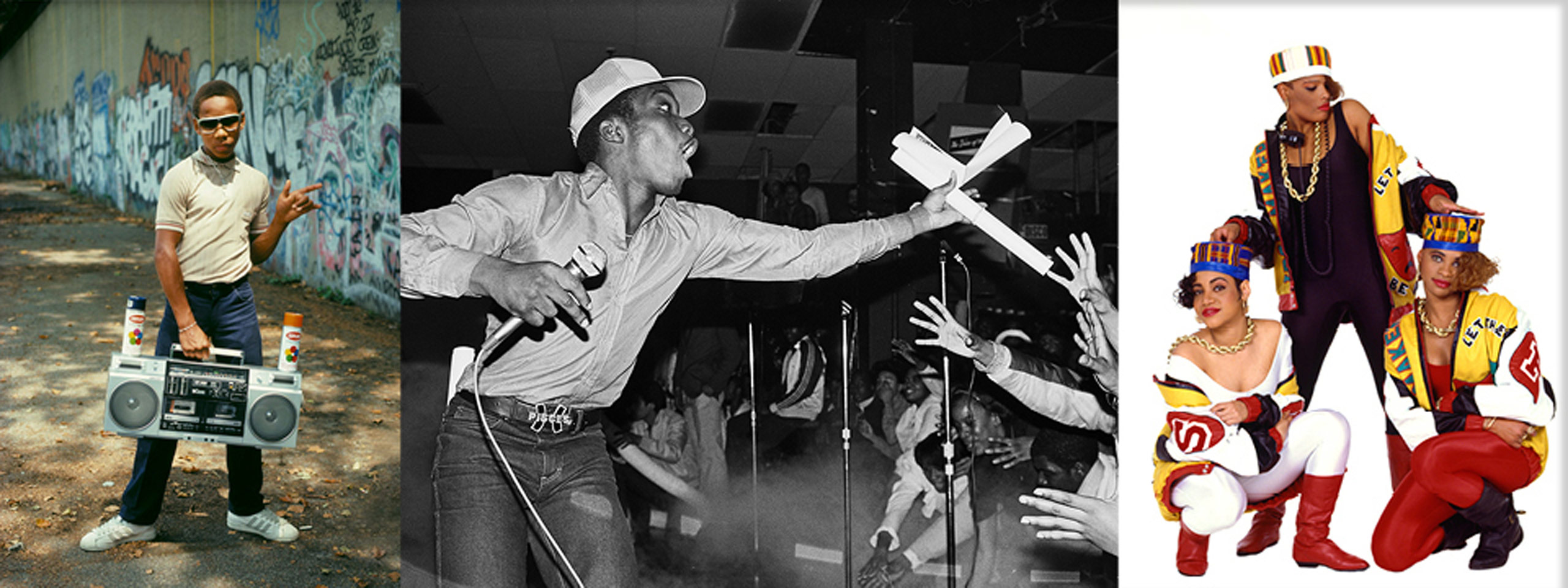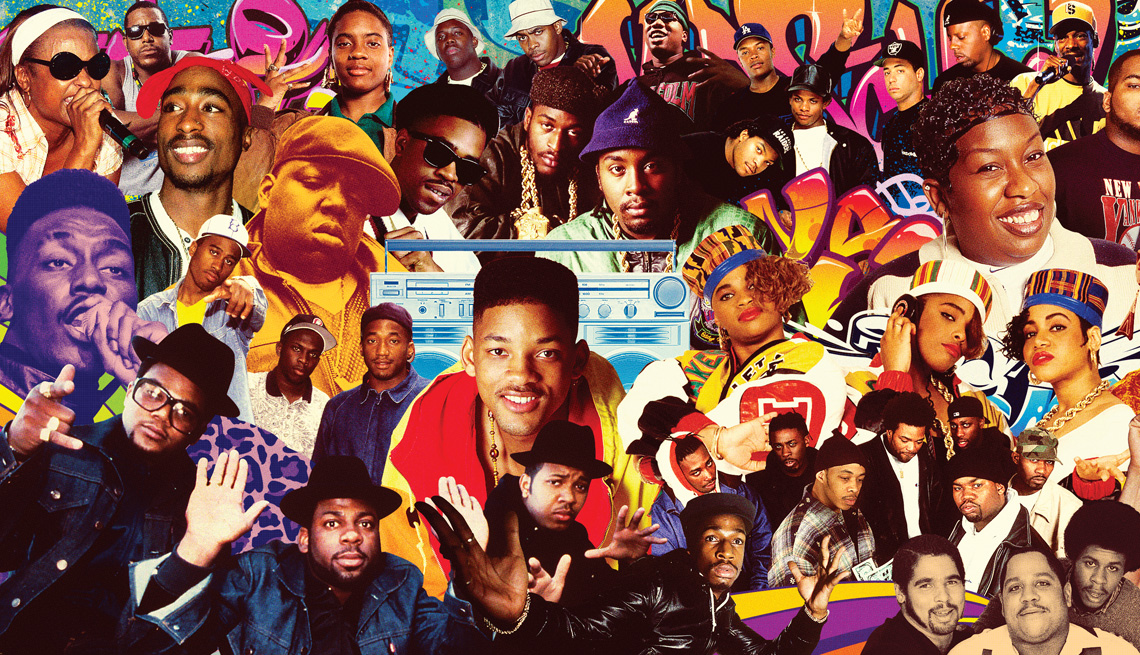Hip Hop In The 80s: A Cultural Revolution That Shaped Music History
Hip hop in the 80s wasn’t just music—it was a movement, a voice, and a way of life. It emerged from the streets of New York City, bringing with it an energy that would change the world forever. Back then, hip hop wasn’t just about rhymes and beats; it was about storytelling, resistance, and self-expression. This cultural phenomenon wasn’t something you could ignore, and it quickly became a global force to be reckoned with. So buckle up, because we’re diving deep into the era that redefined music history.
When you think about the 80s, you probably picture neon lights, big hair, and shoulder pads. But while all that was happening, something revolutionary was brewing in the underground. Hip hop started as a grassroots movement, born out of necessity and creativity. It gave a platform to voices that weren’t being heard and created a space for communities to express themselves. And let’s be real—it wasn’t all smooth sailing. There were challenges, controversies, and moments that tested the resilience of this genre. But through it all, hip hop kept pushing forward.
What made hip hop in the 80s so special? Well, it wasn’t just the music—it was the culture. From breakdancing to graffiti art, every element played a crucial role in shaping what we know today. It wasn’t just about making noise; it was about creating a legacy. This era laid the foundation for what would become one of the most influential genres in music history. So, are you ready to take a trip down memory lane and explore the roots of hip hop? Let’s go!
Read also:Ahad Raza Mir And Sajal Ali Divorce Reason The Untold Story You Need To Know
Table of Contents
- The Origins of Hip Hop in the 80s
- Key Figures Who Defined the Era
- The Music Style That Changed Everything
- How Hip Hop Impacted Popular Culture
- Graffiti: A Visual Voice of the Movement
- Breakdancing: The Dance That Stole the Spotlight
- Challenges Faced by Hip Hop Artists
- The Global Reach of 80s Hip Hop
- The Lasting Legacy of Hip Hop in the 80s
- Looking Ahead: The Future of Hip Hop
The Origins of Hip Hop in the 80s
Hip hop didn’t just appear out of thin air. It was born in the South Bronx during the early 70s, but it really came into its own in the 80s. This was a time when the world was changing rapidly, and hip hop became the soundtrack to those changes. The genre started as a form of self-expression for young people who felt unheard and unseen. It was more than just music—it was a way to tell stories, share struggles, and celebrate victories.
The 80s saw the rise of some iconic figures who helped shape the sound of hip hop. DJs like Afrika Bambaataa and Kool Herc were instrumental in creating the beats that would become the foundation of the genre. MCs like Grandmaster Flash and the Furious Five brought the lyrics to life, using their words to paint vivid pictures of life in urban America. These pioneers laid the groundwork for what would become a global phenomenon.
But it wasn’t just about the music. Hip hop in the 80s was a full-blown culture. It included four key elements: MCing, DJing, breakdancing, and graffiti art. Each of these elements played a crucial role in defining the movement and spreading its message. Together, they created a powerful force that would leave a lasting impact on music history.
Key Figures Who Defined the Era
When you talk about hip hop in the 80s, you can’t do it without mentioning the legends who made it happen. Run-D.M.C., Public Enemy, LL Cool J, and Rakim were just a few of the artists who helped define the sound of the era. They weren’t just musicians—they were cultural icons who used their platform to address social issues and inspire change.
Biography of Key Figures
| Name | Birth Year | Role | Notable Achievements |
|---|---|---|---|
| Run-D.M.C. | 1981 | Rap Group | First rap group to receive a Grammy nomination |
| Public Enemy | 1986 | Rap Group | Known for politically charged lyrics |
| LL Cool J | 1985 | Rapper | First rapper to have a platinum-selling album |
| Rakim | 1985 | Rapper | Pioneered complex lyricism in hip hop |
These artists weren’t just about making hits—they were about making statements. Their music tackled issues like racism, poverty, and inequality, giving a voice to those who were often overlooked. They used their art to challenge the status quo and inspire a new generation of artists.
Read also:Brooke Hargis Net Worth The Inside Scoop On Her Financial Empire
The Music Style That Changed Everything
Hip hop in the 80s wasn’t just about catchy beats and clever rhymes. It was about innovation and pushing boundaries. The music style of the era was characterized by its heavy use of samples, drum machines, and turntables. DJs would scratch records to create unique sounds, while MCs would rap over these beats, weaving intricate stories with their lyrics.
One of the most significant developments in hip hop during this time was the introduction of the drum machine. Artists like Afrika Bambaataa and Grandmaster Flash used these machines to create beats that were unlike anything heard before. This innovation allowed for greater experimentation and creativity, leading to the development of new subgenres like electro-funk and rap-rock.
But it wasn’t just the technology that made the music stand out—it was the message. Hip hop in the 80s was all about telling stories that mattered. Whether it was Public Enemy talking about police brutality or LL Cool J rapping about love and relationships, the music was always meaningful. It wasn’t just entertainment—it was a reflection of the world around it.
How Hip Hop Impacted Popular Culture
Hip hop didn’t just change the music industry—it changed the world. In the 80s, it became a dominant force in popular culture, influencing everything from fashion to film. The genre’s impact was felt far beyond the streets of New York, as it spread across the globe and inspired countless artists and fans.
Graffiti: A Visual Voice of the Movement
Graffiti art was an integral part of hip hop culture in the 80s. It was a way for artists to express themselves visually, using walls and trains as their canvas. Graffiti wasn’t just about making things look cool—it was about making a statement. It was a form of resistance and self-expression that gave voice to those who felt marginalized.
Breakdancing: The Dance That Stole the Spotlight
Breakdancing was another key element of hip hop in the 80s. It was a high-energy dance style that combined acrobatics, rhythm, and creativity. Dancers like the Rock Steady Crew became famous for their incredible moves, which captured the attention of audiences worldwide. Breakdancing wasn’t just about entertainment—it was about community and connection.
Hip hop’s influence on popular culture was undeniable. It inspired fashion trends, movies, and even television shows. The genre’s reach extended far beyond music, leaving a lasting impact on the world.
Challenges Faced by Hip Hop Artists
Despite its success, hip hop in the 80s faced numerous challenges. One of the biggest was the stigma attached to the genre. Many people saw hip hop as a threat, associating it with violence and crime. This led to censorship and discrimination, as artists struggled to get their music heard.
Another challenge was the lack of representation in the industry. Hip hop artists often had to fight for recognition and respect, battling against a system that didn’t always value their contributions. Despite these obstacles, they persevered, using their music to break down barriers and create change.
But it wasn’t all bad. The challenges faced by hip hop artists also fueled their creativity and determination. They used their experiences to inform their art, creating music that was both powerful and poignant. Their resilience in the face of adversity is one of the reasons why hip hop remains such an influential genre today.
The Global Reach of 80s Hip Hop
Hip hop in the 80s wasn’t just an American phenomenon—it was a global movement. Artists from all over the world were inspired by the genre, incorporating its elements into their own music. From Japan to Germany, hip hop became a universal language that transcended borders and cultures.
One of the reasons for hip hop’s global success was its ability to adapt. Artists in different countries took the core elements of the genre and made them their own, creating unique sounds that reflected their local contexts. This adaptability allowed hip hop to thrive in diverse environments, reaching audiences who might not have been exposed to it otherwise.
The global reach of hip hop in the 80s also highlighted the power of music to bring people together. It showed that despite our differences, we all share common experiences and emotions. Hip hop became a bridge between cultures, fostering understanding and connection.
The Lasting Legacy of Hip Hop in the 80s
The legacy of hip hop in the 80s is undeniable. It laid the foundation for what would become one of the most influential genres in music history. The artists and pioneers of the era created a sound and culture that continues to inspire new generations of musicians and fans.
Today, hip hop is a dominant force in the music industry, with artists like Kendrick Lamar, Jay-Z, and Cardi B carrying the torch. But it’s important to remember where it all began—in the streets of the South Bronx, with a group of young people who dared to dream big. The 80s was a transformative decade for hip hop, and its impact can still be felt today.
As we look back on this era, we’re reminded of the power of music to create change. Hip hop in the 80s wasn’t just about making hits—it was about making history. And that’s a legacy worth celebrating.
Looking Ahead: The Future of Hip Hop
So, where does hip hop go from here? The genre has come a long way since its humble beginnings in the 80s, but its essence remains the same. It’s still about storytelling, self-expression, and creating change. As we look to the future, it’s clear that hip hop will continue to evolve, adapting to new technologies and trends while staying true to its roots.
The future of hip hop lies in the hands of the next generation of artists and fans. It’s up to them to carry the torch and keep the spirit of the genre alive. Whether it’s through new sounds, innovative technology, or fresh perspectives, the possibilities are endless. One thing’s for sure—hip hop will always be a force to be reckoned with.
So, what do you think? Are you ready to join the movement and be part of hip hop’s continuing legacy? Leave a comment below and let us know your thoughts. And don’t forget to share this article with your friends and family. Together, we can keep the spirit of hip hop alive for generations to come.
Sources
1. Chang, Jeff. Can't Stop Won't Stop: A History of the Hip-Hop Generation. Picador, 2005.
2. Forman, Murray, and Mark Anthony Neal. The History of Hip-Hop: The First Decade. Duke University Press, 2004.
3. Rose, Tricia. Black Noise: Rap Music and Black Culture in Contemporary America. Wesleyan University Press, 1994.
Article Recommendations


